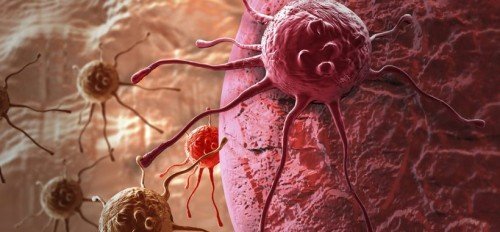
Oncological diseases, also known as cancers, are a group of diseases characterized by the uncontrolled growth and spread of abnormal cells in the body. These abnormal cells, known as cancer cells, can invade and damage healthy tissue, leading to serious illness and death.
There are many different types of cancer, each with its own causes, symptoms, and treatments. Some common types of cancer include breast cancer, lung cancer, prostate cancer, and colon cancer. Risk factors for cancer can include genetics, lifestyle factors such as smoking and excessive alcohol consumption, and certain viral infections.
One of the most significant challenges in treating cancer is that it can often go undetected until it has progressed to an advanced stage. Symptoms of cancer can vary depending on the type and location of the cancer, but may include fatigue, weight loss, pain, and changes in the skin or other body tissues.
Early detection is key to successful treatment of cancer. Regular screenings and check-ups can help catch cancer in its early stages, when it is more likely to be treated successfully. Some common screening tests for cancer include mammograms for breast cancer, colonoscopies for colon cancer, and PSA tests for prostate cancer.
Treatment for cancer can include surgery, radiation therapy, chemotherapy, and targeted therapy. Surgery is often used to remove the cancerous tumor, while radiation therapy and chemotherapy are used to kill cancer cells and shrink tumors. Targeted therapy is a newer form of treatment that uses drugs to target specific genetic changes in cancer cells, making them more effective at killing cancer cells while minimizing damage to healthy cells.
In addition to these traditional treatments, there are also alternative therapies that can be used to help manage the symptoms of cancer and improve quality of life. These can include acupuncture, massage therapy, and other holistic approaches.
Living with cancer can be difficult, both for the person with the disease and for their loved ones. Support from family and friends, as well as professional counseling, can help those affected by cancer cope with the emotional and practical challenges of the disease.
In conclusion, cancer is a serious disease that affects millions of people worldwide. Early detection, effective treatments, and support from loved ones can all play a role in improving outcomes for those affected by cancer. It is important to stay informed about cancer, including the latest research and treatment options, and to work with a healthcare professional to develop a personalized plan for managing the disease.








